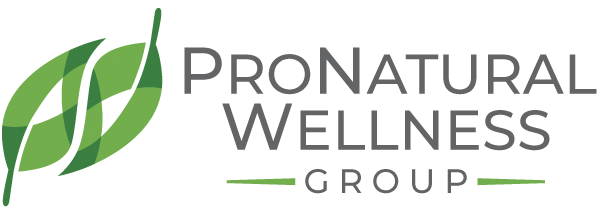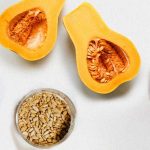Foods that Boost the Immune System
![]()
Although you can’t immediately boost your immune system with supplements, green juice, and turmeric, there are benefits of vitamins and minerals for immune health that require some time to build up. The variety of fruits and vegetables you eat today are a long-term investment that support the immune system.
For immune cells, vitamins C, D, and E, and zinc are needed for the immune system to maintain its normal function and to combat pathogens. When you are deficient in these nutrients the cells of the immune system become impaired so they cannot fight pathogens.
Vitamin C
Vitamin C is an antioxidant that helps immune cells in attacking viruses and bacteria. It is used up quickly during an active immune response.1
Sources of Vitamin C: citrus fruits, strawberries, tomatoes, bell peppers, broccoli, and kiwi. The RDA is 90 mg/day for men and 75mg/day for women. That looks like a cup of strawberries, ½ cup of red pepper, or one large orange.2
Vitamin D
Vitamin D stimulates the body’s first line of defense by increasing the number and activity of cells that attack pathogens. This vitamin is unique because it is primarily made in the skin from sunlight.
Vitamin D is harder to obtain through diet, but can be found in fatty fishes like salmon, mackerel, tuna, sardines, and a small amount in egg yolks. Other fortified vitamin D sources are: milk, orange juice and cereals (to help with calcium absorption). Adults should consume 15 micro-grams of vitamin D (600 i.u.).2 Since many people are deficient in Vitamin D, sometimes a supplement is necessary.
Vitamin E
Vitamin E enhances immune cell function by protecting immune cells from damage and hormones that suppress the cells’ activity.
Sources of Vitamin E: vegetable oil, seeds and nuts, green leafy vegetables, avocados, and fortified cereals. The RDA for vitamin E is 15 mg/day which looks like three tablespoons of vegetable oil or two ounces of almonds.2
Zinc
Zinc is an essential mineral for the development and maintenance of immune cells. Zinc deficiency can cause cells to break down and malfunction which suppresses the immune system.
Sources of zinc: shellfish, red meat, poultry, nuts, and beans. The RDA for women is 8mg/day and 11g/day for men. This looks like 6 oz. of steak or two oysters, or 8 cups of black beans (11mg).2
Diet is one way we can enhance our immune system and it does not happen overnight. Eating a variety of fruits, vegetables, lean meats and whole grains throughout the week is easier for meal planning than focusing on specific nutrients every single day. Making half your plate fruits and vegetables with a variety of color is a way to ensure you are meeting your vitamin needs.3 Be mindful of any supplementation since too much of a specific nutrient can irritate the gut and even be toxic.
It’s always a good time to prioritize your health and the key is maintaining these better habits. For more information about optimizing your immune health and reaching your nutrition goals, please schedule an appointment with me. The good news is most health insurance plans cover nutrition counseling.
It’s easy…. call ProNatural Physicians Group at 860-829-0707.
Resources:
1. Oregon State University Micronutrient Center
2. National Institutes of Health Office of Dietary Supplements
3. Academy of Nutrition and Dietetics












